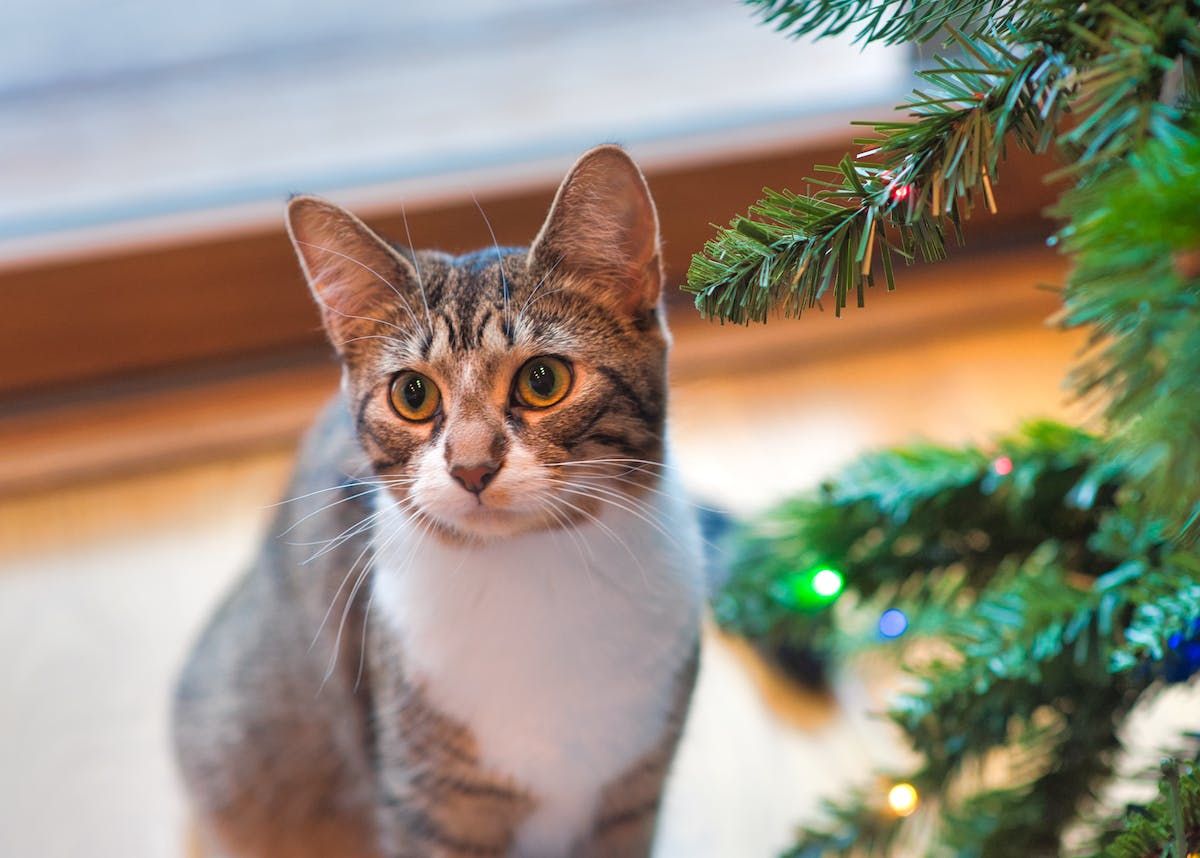As temperatures drop and winter sets in, many cat owners notice their feline companions becoming a little rounder. But is this seasonal weight gain a real phenomenon or a coincidence?
Research and anecdotal evidence suggest that cats, much like many other animals, do tend to put on a bit of extra weight during the colder months. There are a few reasons for this. Firstly, with shorter daylight hours and chillier weather, cats – particularly those kept indoors, often become less active. They may prefer curling up somewhere warm rather than spending energy playing or exploring.
Secondly, winter naturally triggers changes in an animal’s metabolism. In the wild, cats would instinctively consume more food and conserve energy to prepare for harsher conditions when resources are scarcer. Domestic cats, even though they are well-fed, can retain this instinct, leading to an increased appetite and weight gain.
The role of owners
Additionally, some owners tend to indulge their pets a little more during winter, offering extra treats and hearty meals, which can contribute to the expanding waistline.
How to manage winter weight gain
While a small amount of seasonal weight gain is usually not a cause for concern, it’s important to monitor your cat’s body condition closely. Excess weight can lead to health problems such as diabetes, arthritis, and heart disease. Encouraging gentle play indoors, regulating food portions, and providing stimulating toys can help keep your cat fit and healthy throughout the colder months.
A final word
In summary, yes – it is common for cats to gain a bit of weight in winter. However, with a mindful approach to diet and exercise, it is possible to keep your cat happy, healthy, and in good shape all year round.
Are you worried about your cat’s weight?
Let us know by leaving a comment below, or send a WhatsApp to 060 011 021 1.
Subscribe to The South African website’s newsletters and follow us on WhatsApp, Facebook, X, and Bluesky for the latest news.
